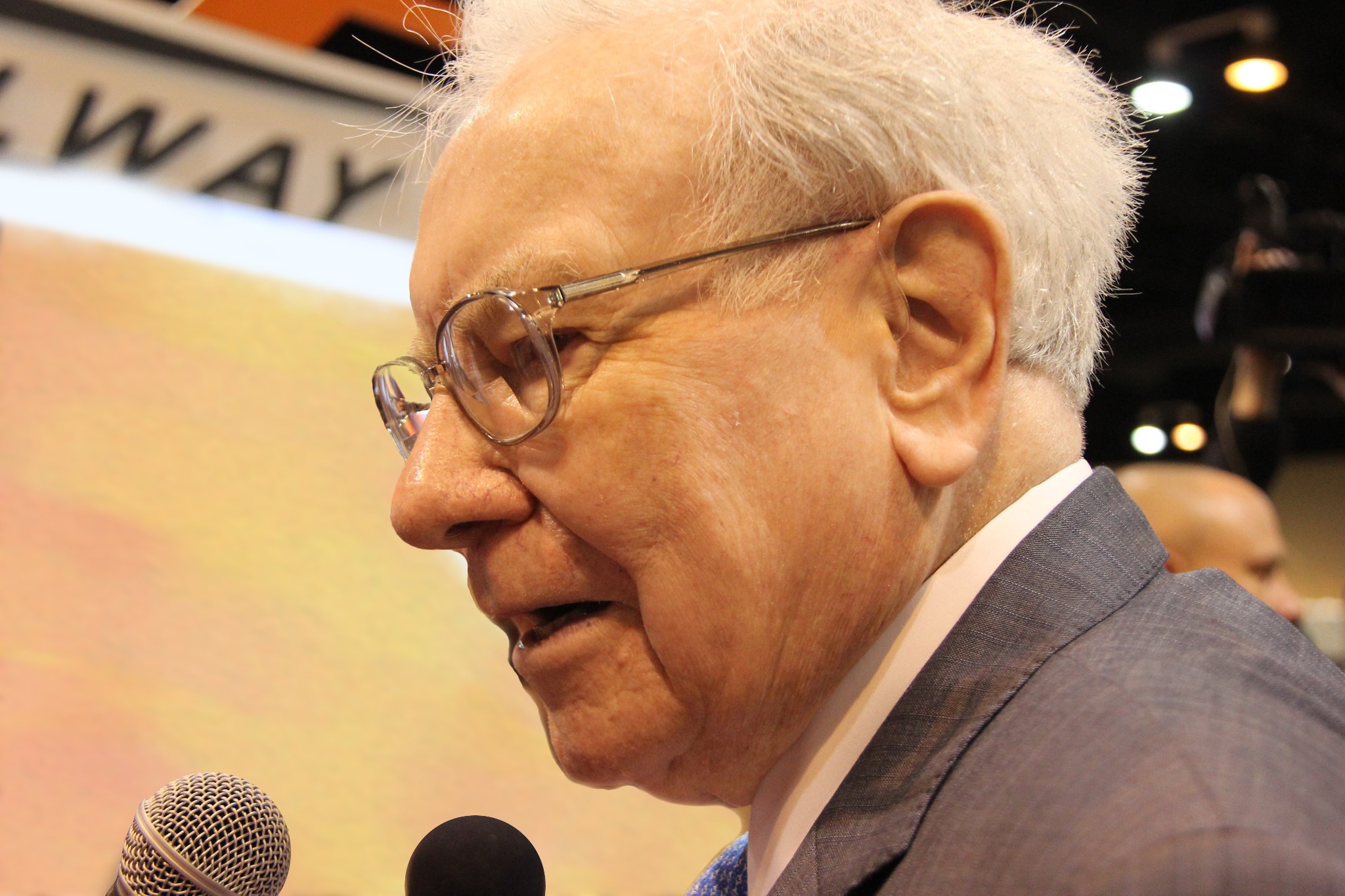You probably know that Warren Buffett is a great investor. But do you know how great? Consider this: Over the past 60 years, he has increased the value of his company Berkshire Hathaway (BRK.A 0.56%) (BRK.B 0.61%) by 5,500,000% (nearly 20% annually). In the same period, the S&P 500 index of 500 of America's biggest companies gained about 39,000% (10.4% annually, on average).
It's a pretty sure bet that neither you nor I will ever become that good at investing. But we can get better at it by heeding the advice of Buffett and other investing greats.

NYSE: BRK.B
Key Data Points
Here's a look at one particular thing that both Warren Buffett and his late longtime business partner, Charlie Munger, have done throughout their lives and that they advise all investors to do. (You'd do well to learn more about Charlie Munger -- Warren Buffett has called him the "architect" of Berkshire Hathaway.)
The Buffett-Munger secret sauce: Be prepared
At the most recent annual shareholder meeting of Berkshire Hathaway, held in early May, Greg Abel said something very interesting. (It was at this meeting that Buffett announced he'd step down as CEO at the end of the year, handing the reins to Abel.) Here's what Abel said:
While we're looking at opportunities ... we want to act quickly, but never underestimate the amount of reading and work that's being done to be prepared to act quickly. We know that when the opportunity presents itself, whether it be [buying stocks] or private companies, we're ready to act, and that's a large part of being patient -- using the time to be prepared.
In other words, while Buffett and Munger are famous for jumping on opportunities that presented themselves over the years, they were able to do so successfully because they were prepared.
Some opportunities are best acted on quickly. Maybe a stock you'd love to own suddenly plunges to a seemingly attractive level, and you fear it might pop right back up soon. So, do you rush to grab shares? Well, you shouldn't unless you're prepared.
Before buying, you should have gotten very familiar with the company and its growth prospects. You should understand what caused the stock to fall and be confident that it's not a lasting problem. You should also understand the company's competitive environment and be familiar with its rivals. You should have studied the company's financial statements, assessing factors such as growth rates, profit margins, and debt levels.
That can be a lot to do in short order. But if you regularly read up on and study stocks on your watchlist, you'll have a lot of the recommended homework done before the opportunity even materializes.

Image source: The Motley Fool.
Read, read, read
Here are some things Buffett and Munger have said about the importance of reading and learning:
Buffett:
- I read and read and read. I probably read five to six hours a day. I don't read as fast now as when I was younger. But I read five daily newspapers. I read a fair number of magazines. I read 10-Ks. I read annual reports. I read a lot of other things, too. I've always enjoyed reading. I love reading biographies, for example.
- I insist on a lot of time being spent, almost every day, to just sit and think. That is very uncommon in American business. I read and think. So I do more reading and thinking and make [fewer] impulse decisions than most people in business. I do it because I like this kind of life.
Munger:
- Spend each day trying to be a little wiser than you were when you woke up. Discharge your duties faithfully and well. Systematically you get ahead, but not necessarily in fast spurts. Nevertheless, you build discipline by preparing for fast spurts. Slug it out one inch at a time, day by day. At the end of the day -- if you live long enough -- most people get what they deserve.
- In my whole life, I have known no wise people (over a broad subject matter area) who didn't read all the time – none, zero.
- I don't think you can get to be a really good investor over a broad range without doing a massive amount of reading. I don't think any one book will do it for you.
What should you read?
As you aim to read more, what should you read? Here are some suggestions:
- For companies that intrigue you, read their annual reports and financial statements going back a few years. You might do so for their competitors, too, to get a sense of how they differ.
- For industries of interest, research companies in the industry, and read books and/or articles about the industries to learn more about their potential and their challenges.
- Read books by or about great investors.
- Read books about great businesses so that you might learn to spot them on your own.
- Read business magazines to keep up with changes and become familiar with great companies and managers.
- Perhaps read a lot of Fool articles, too, as we regularly write about interesting companies.
Both Buffett and (especially) Munger are fans of reading broadly, so don't limit yourself to just reading about the business world. Buffett has noted that he loves biographies, and Munger was a big fan of psychology, among many other topics. Reading broadly can offer insights into how people (and, thus, markets) might behave. Reading history books can help you understand what has occurred before and how some things might happen again.
The more you know, the better prepared you'll be to take advantage of opportunities that present themselves and the better your investment results might be.






